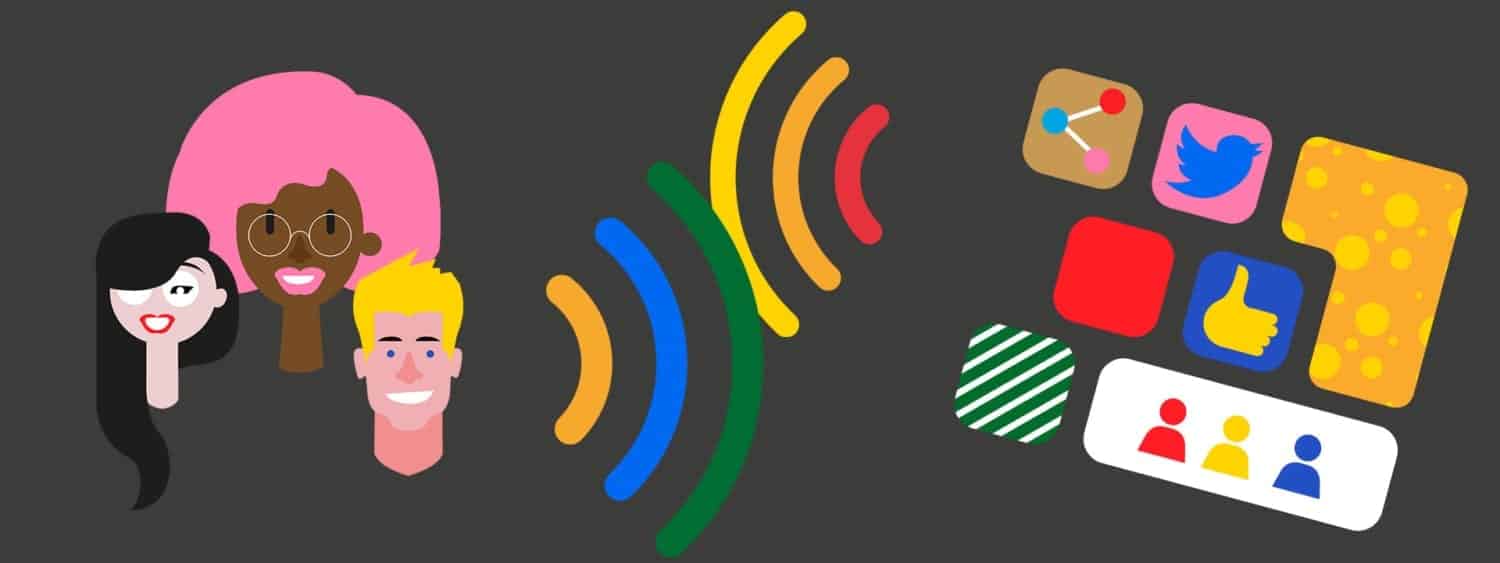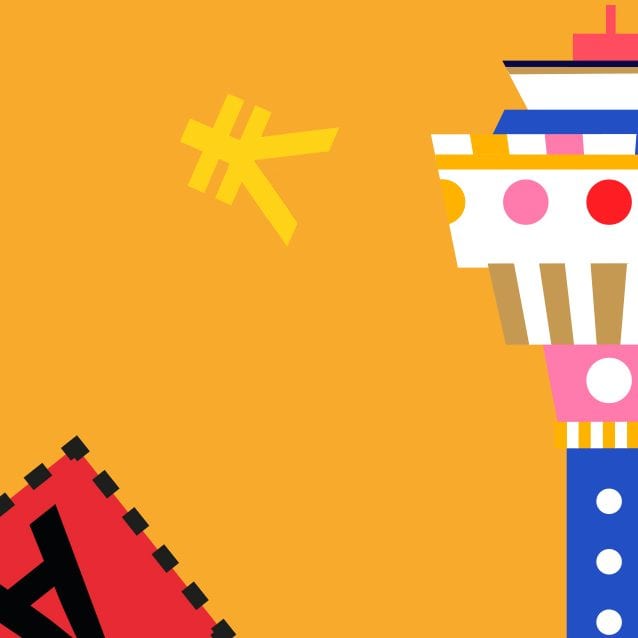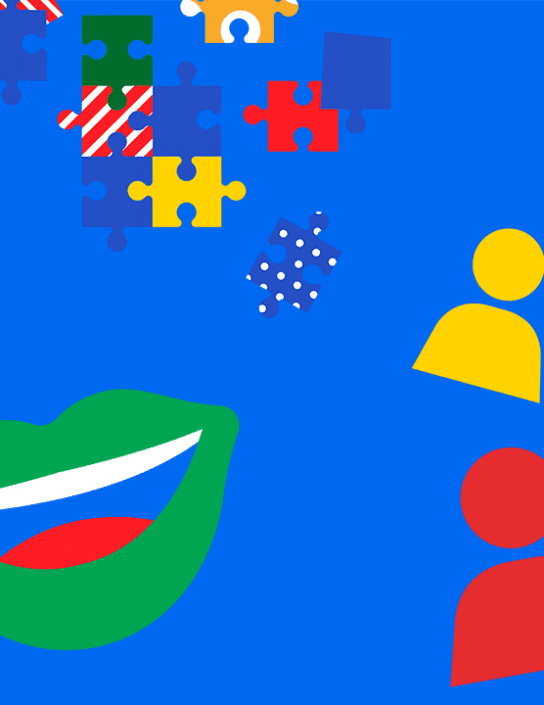Languages spoken in multiple countries and cultures worldwide inevitably develop local versions, accents and new formal and informal rules. French is one of them. In this blog post, we’ll focus on Swiss French and how it differs from French spoken in France or Canada.
The differences aren’t critical, which means that native French speakers can understand each other even when they have different accents or use regional words. However, they can quickly recognize where you come from. That’s why, when it comes to language services, linguists will rarely recommend a one-size-fits-all approach to business communications.
Simply put, when it comes to official documentation, brand messages, marketing, sales or customer service, you want to nail the proper French for each country right from the start. This way, you will avoid embarrassing situations and make an excellent first impression on new audiences from day one.
Why go to all this trouble? French speakers are proud and protective of their language, and going the extra mile to speak as they do will only help you build robust relationships with your local partners and customers. Plus, recognizing the language and cultural differences between local customers only reinforces your position as a multinational company.
Why do cultural differences matter?
Speakers of Swiss French are happy and optimistic — Switzerland ranks No. 4 on the list of the world’s happiest countries, and the way they speak reflects their positive attitude about life. It’s a small detail that can significantly impact how the local population perceives your brand based on how you choose to communicate.
It goes beyond mastering the Swiss French accent to seem local. When creating content for a Swiss French audience, you need to make sure you meet your audience’s expectations.
At the same time, the Swiss culture is different from other European countries. In general, the Swiss are more likely to consider value for money as an essential factor when buying. If you want them to trust your brand, you’ll need to learn to communicate with clarity and precision.
You want to adapt your tone and voice to the audience you’re trying to connect with and, at the same time, use a friendly language that people are comfortable speaking. Standard French can help, but it won’t create the connection you need to deliver an excellent user experience and promote customer loyalty.
Working with language experts who understand Swiss French’s specific challenges can help you overcome the language gap. They not only know how to send the right message in this local language, but also understand the cultural differences between the Swiss and other French-speaking nations.
Swiss use regional vocabulary and expressions
Swiss French has specific words and expressions that don’t make sense outside this region. Most of these words are common and define everyday life actions and objects. Some are relevant for a business environment, while others might not directly impact your brand communications.
Some typical (maybe overused) examples are:
- Meals: breakfast is “déjeuner” in Switzerland and “petit-déjeuner” in France; lunch is “dîner” in Switzerland and “déjeuner” in France; dinner is “souper” in Switzerland and “dîner” in France.
- Special offer is “action” in Swiss-French and “promotion” in French.
- Parking the car is “parquer la voiture” in Swiss French and “garer la voiture” in French.
However, the list of regional terms includes multiple words and expressions. This means that you might want to consult a local expert when creating content for a Swiss audience.
As a brand that wishes to expand to Switzerland and target the French-speaking population, you want to show that you’re aware of these Swiss French words and their role in establishing a natural connection with the local audience.
You won’t have to deal with the ‘crazy numbers’
Another significant difference that can highlight how different Swiss French differs from other French versions is the lack of the world-famous “crazy numbers.”
As you might have read online or learned during French classes, this language seems to have a passion for second-grade math. Seventy is “soixante-dix” (sixty-ten), eighty is “quatre-vingt” (four-twenty), and ninety is “quatre-vingt-dix” (four-twenty-ten).
The good news is, Swiss French has specific numerals for seventy, eighty and ninety. They use the words “septante,” “huitante,” and “nonante.” So, yes, it’s possible to speak proper French without going through all the math hassle.
Why localize for French Swiss
Almost one-quarter of the Swiss population (around 2 million people) speaks French, so you can increase your reach in a particular market by localizing your content for this language.
The Swiss have high purchasing power and are willing to spend more to get the best value. The market can bring excellent business opportunities for companies looking to expand in this country.








